Lector
Because many employees were illiterate, lectors were hired to read novels, poetry, nonfiction works, and newspapers determined by consensus. They were often hired with money pooled from workers to read to large rooms full of manual laborers to keep them entertained.
Knocker-uppers
Before alarm clocks became cheap and reliable, there were “knocker-uppers”, people who were hired to knock on the doors and windows of people who paid them a few pence each week. They did not leave until they had confirmation that his client was up and moving.
Pinsetter
A pinsetter was a person who manually reset bowling pins to their correct position, cleared the fallen pins, and returns balls to players
(Kids working as “pinsetters” in a NJ bowling alley 1909)
Leech Collector
Popular in the 19th and 20th centuries, leech collectors would go out into bodies of water inhabited by leeches and gather them, selling them to doctors and hospitals for bloodletting treatments
Ice Cutter
Before modern refrigeration techniques became mainstream and widespread, ice cutters would saw up the ice on frozen lakes for people to use in their cellars and refrigerators.
Rat Catcher
Rat catchers were employed in Europe to control the rat populations. They ran high risks of suffering bites and infections, but helped prevent diseases from spreading to the public.
Lamplighter
Lamplighters were hired to extinguish and refuel street lamps using long poles. Their job died out with the advent of electric lamps.
Typesetter
Before the printing industry was digitized, all those stories had to be hand-set by a typesetter before going to print.
Log Driver
Before the technology or infrastructure was available to transport logs by truck, log drivers would float and guide them down rivers from logging sites to processing areas.
Switchboard Operator
Switchboard operators were integral parts of a telephone network’s operation before modern technology rendered them obsolete. They would connect long-distance calls and do other things that are now done digitally.
Resurrectionist
Resurrectionists, or “body snatchers,” were hired in the 19th century to remove corpses from graves for universities to use as cadavers. Cadavers from legal means were rare and difficult to obtain, so universities had to resort to other means to procure cadavers for their students
Breaker Boy
American coal breakers relied on breaker boys to separate impurities from coal. Childen ages 8 to 12 were usually hired for the job and the job was often labor-intensive. Although the public argued against letting children work in these conditions— child labor laws were ignored. This job continued into the 1920s until child labor laws started to become more strictly enforced and coal separation technology improved.
Town Crier
Town criers were responsible for publicizing court orders, usually by shouting in the street so that everyone in the area was able to hear of the news.
Gandy Dancer
Gandy dancers, more formally referred to as “section hands” were in charge of laying and maintain tracks for the railroads. Gandy dancers were famous for singing songs as they worked.
Milkman
Before everyone had refrigerators, it was difficult to keep milk from going bad. So you’d need it delivered regularly by your milkman.

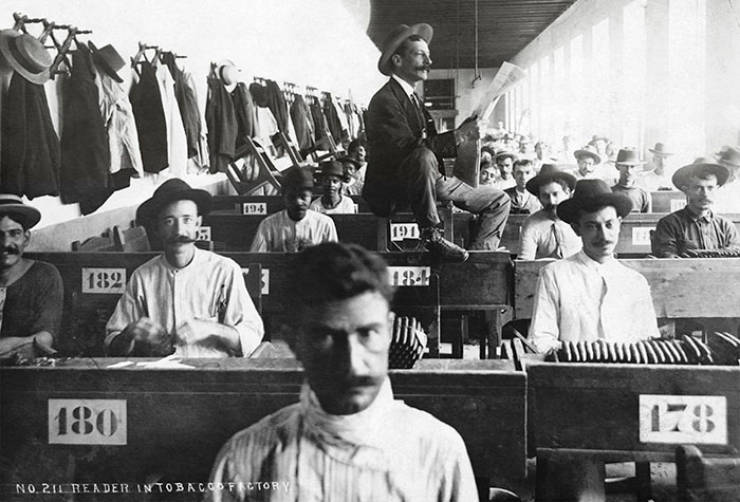
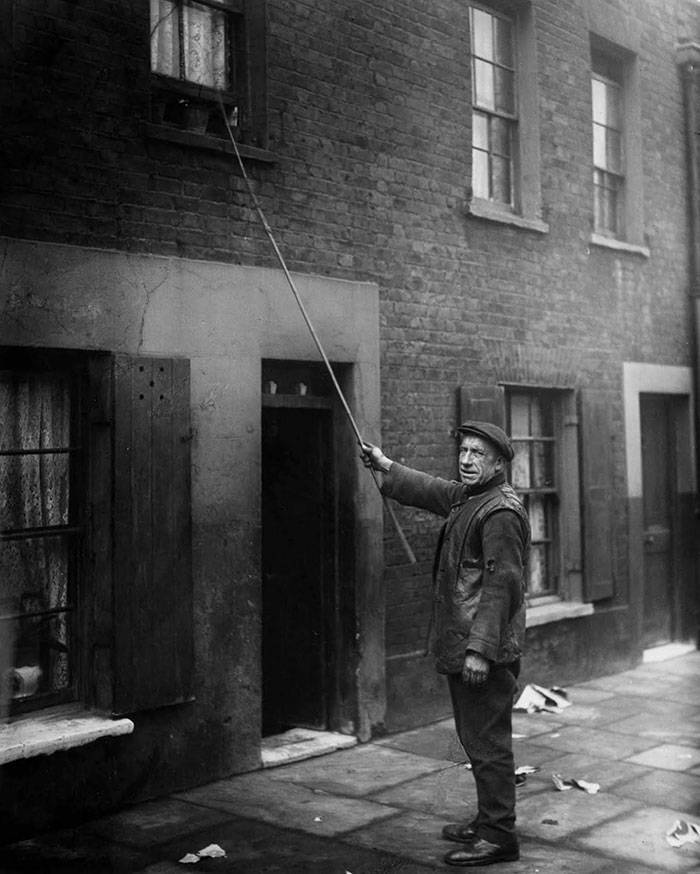
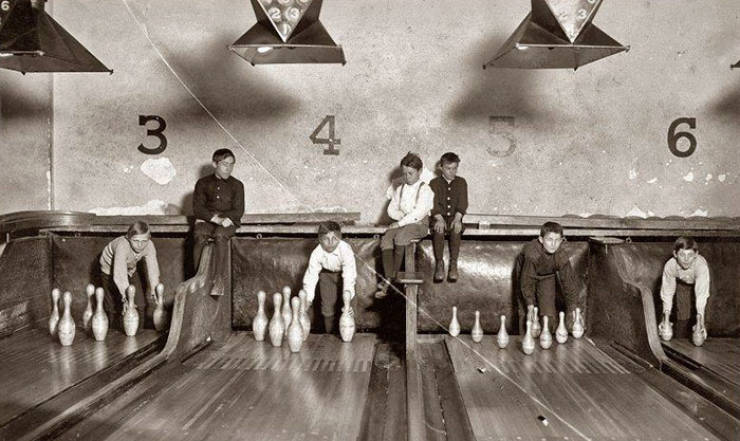
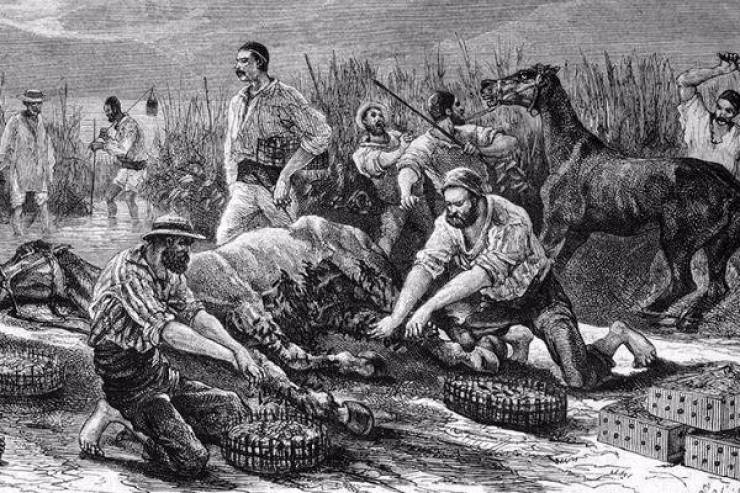
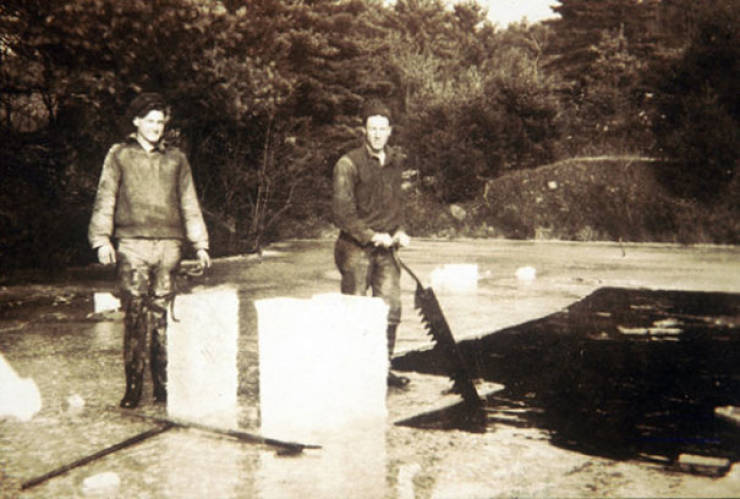
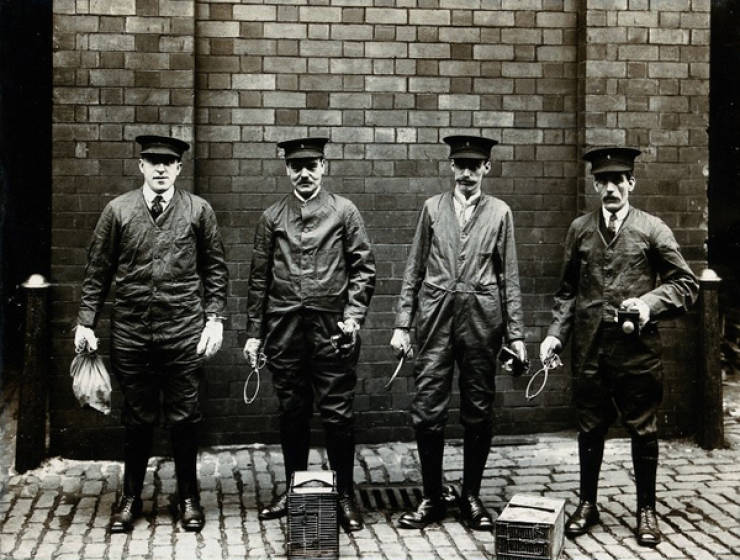
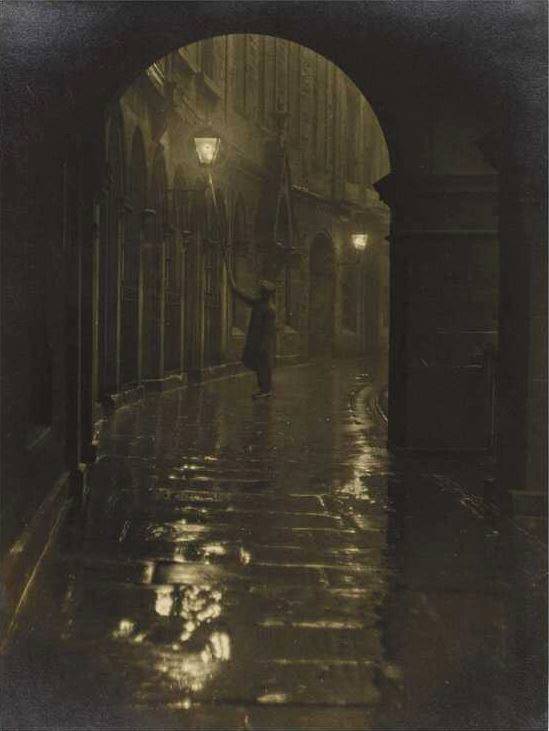
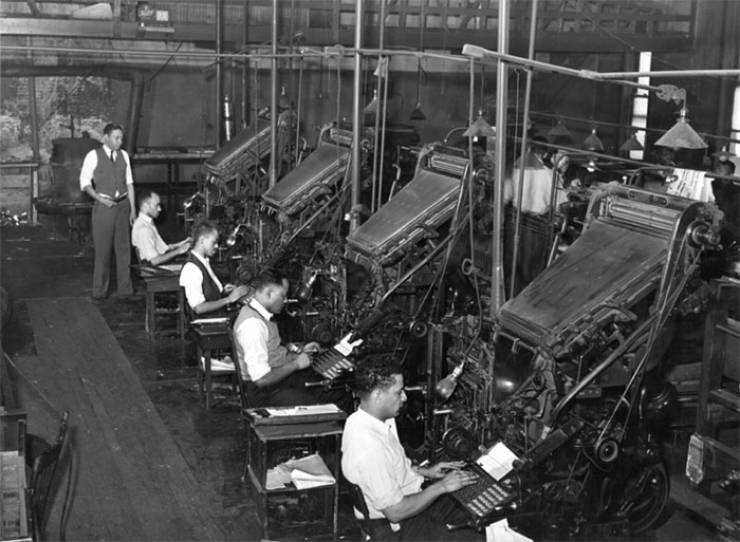
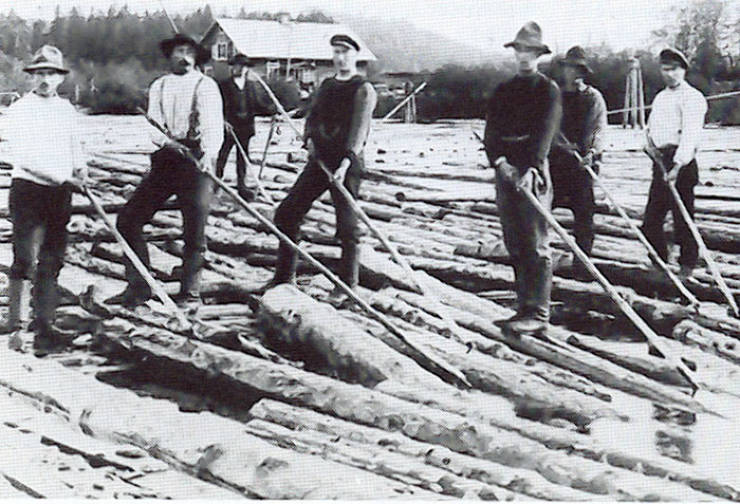
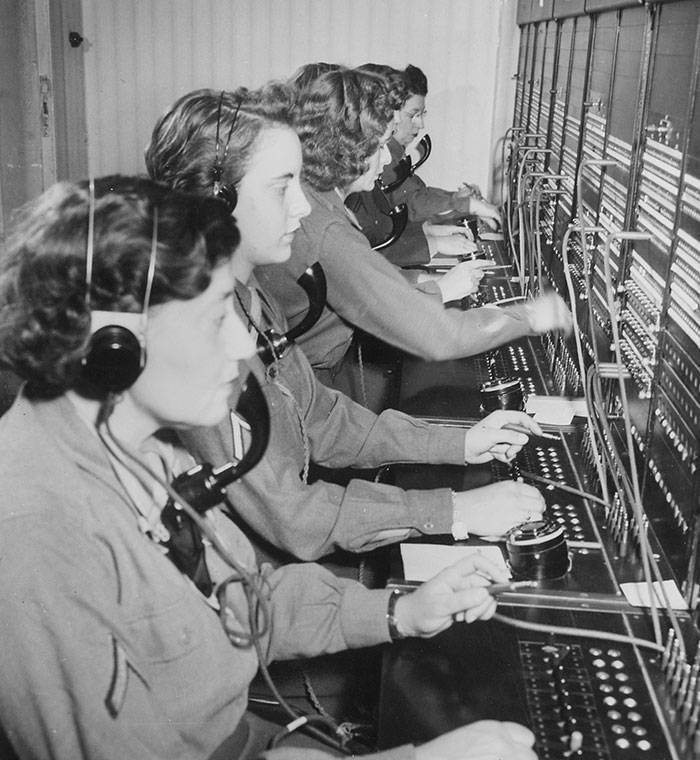
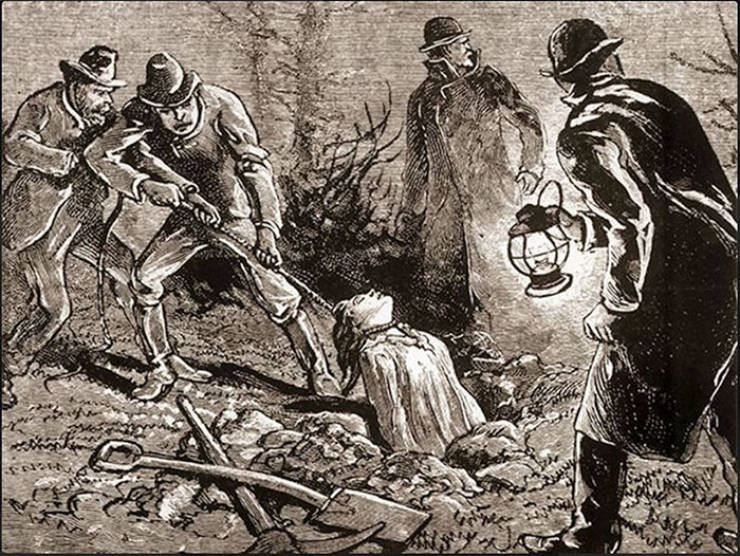
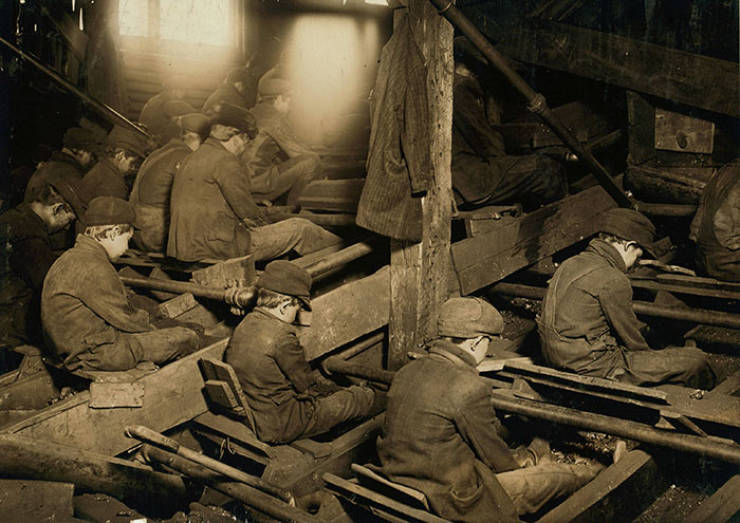
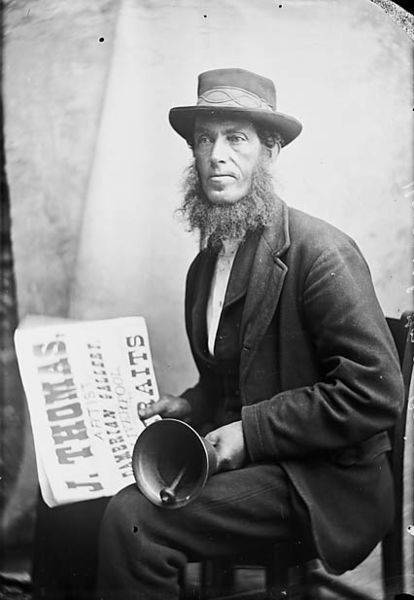
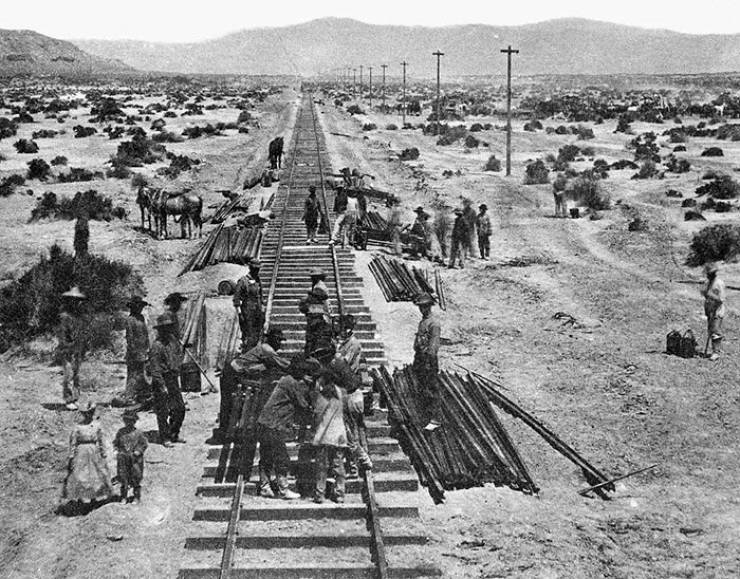
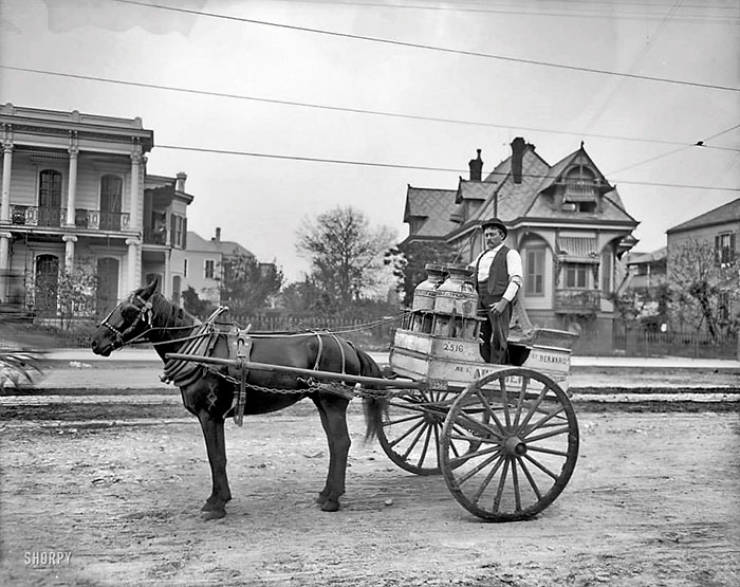



That's right. A couple round here deliver their own milk, butter, spuds and loads of other stuff. Great service too, specially as I'm locked in until at least the end of June!
#2 Wonder when that was taken? He's wearing a leather jerking issues by HM army from around 1916 up to the 1940's. Great jacket apparently. You can still buy copies of them.